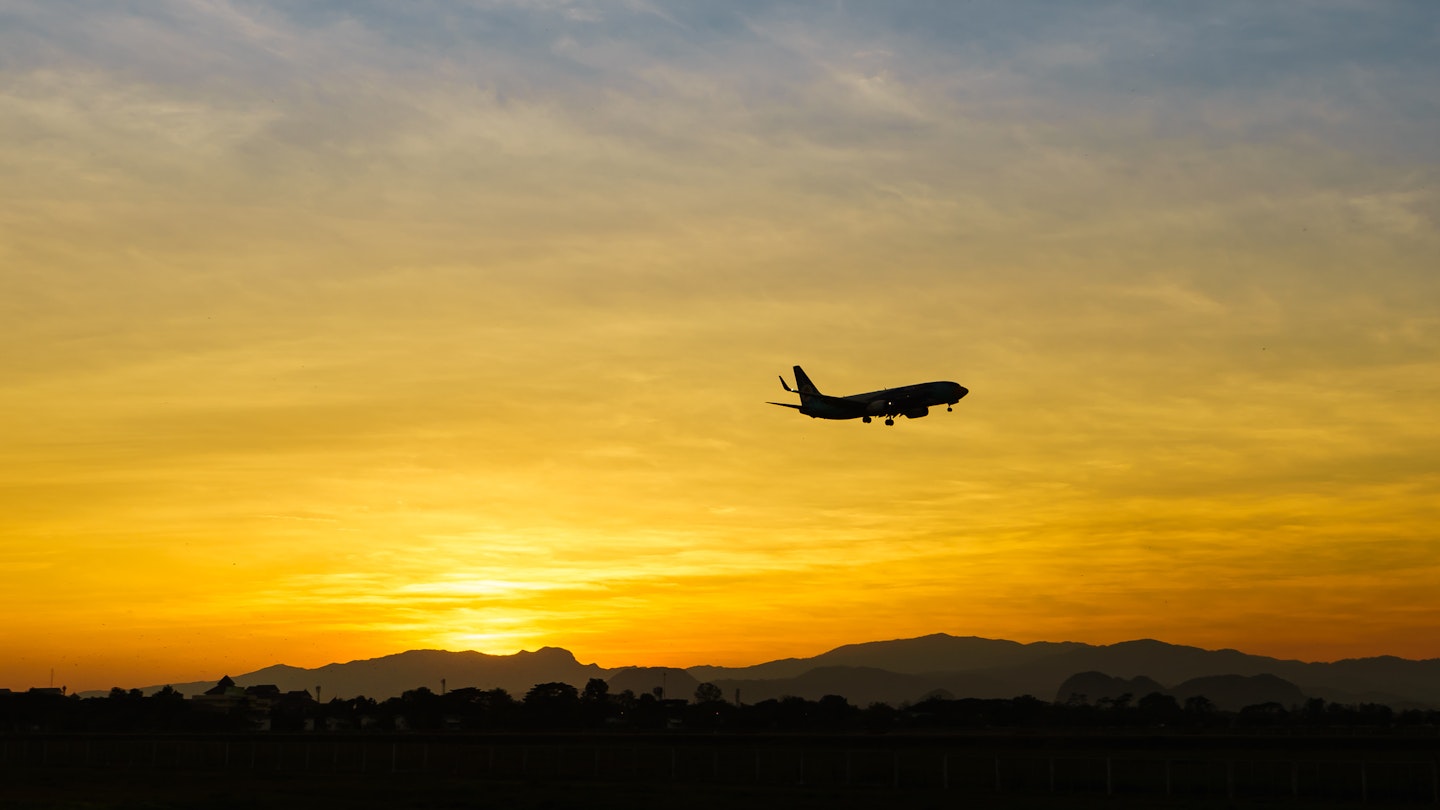As parts of the world continue to remove quarantine restrictions, while others lock down amid clusters to avoid a second wave, many will find themselves traveling sooner rather than later. Aviation journalist John Walton explores how you can stay safe on the road in the immediate future.
If you absolutely need to travel, that’s becoming possible in numerous countries, although many restrictions still remain. This article offers suggestions on how to stay as safe as possible when traveling.
Check Your Travel and Medical Insurance
First and foremost, check your travel insurance. Is disruption caused by COVID-19 or its effects, such as flight cancellations and hotel unavailability, covered? It’s advisable to have documentation from your insurer stating what is and isn’t covered for peace of mind. If you’re traveling for work, ensure your policy includes coverage for that as well.
Next, assess your travel medical insurance. Does it cover COVID-19 and related illnesses? Are you part of any high-risk groups that could make it unwise to travel? Moreover, consider accommodation arrangements in case you require quarantine. Ensure you obtain and keep the relevant paperwork.
It’s prudent to consult your doctor regarding the risks. If possible, consider getting a COVID-19 antibody test to make informed choices about your health and travel. While there may be false negatives in some testing, having more information is always beneficial.
Prepare to Keep Yourself Safe During Travel
The scientific and medical advice for maintaining safety in public spaces applies to travel: wear a mask, avoid unmasked individuals, wash your hands thoroughly and frequently, refrain from touching your face, and maintain a distance of 2m (6ft) from others.
Physical distancing to 2m may be challenging in certain scenarios, such as on an aircraft. Investigate whether your airline is blocking middle or adjacent seats for added protection.
Regardless of the seating arrangement, ensure you take all precautions seriously. Consider packing your meals and eating in isolated areas of the terminal rather than relying on in-flight food, as you will need to remove your mask to eat.
Practice removing your mask at home, including involving your travel companions, especially children. If you use reusable fabric masks, think about how many you’ll need for the trip and consider how to clean them on the road. One suggestion is to keep clean masks in one zip-top plastic bag and used masks in another.

Ensure you pack sufficient hand sanitizer. If traveling through US airports, remember that the TSA allows one 12-ounce hand sanitizer, while some locations may still be subject to a 3-ounce/100ml rule. Consider bringing liquid hand soap in a mini travel bottle in case it’s unavailable in public restrooms. Additionally, carry a supply of paper towels for hand drying if needed.
Think about changes of clothes and shoes upon your arrival, and plan how to securely store potentially contaminated clothing separately for 72 hours, as found by the New England Journal of Medicine.
Prepare for Quarantine
Be fully aware of any mandatory quarantine requirements at your destination. It’s essential to know if your originating location might trigger quarantine regulations at your destination. You might even discover upon landing that new quarantine measures are in effect.
Check with your airline and online sources about any required documentation, ensuring you bring everything necessary.

Even if quarantine isn’t mandatory, consider isolating yourself for 14 days, especially if you will be in contact with individuals from high-risk groups. If staying with family or friends, engage in a dialogue about safety practices you’ll follow together, and think carefully before merging households immediately upon arrival.
If you have any special dietary needs, whether vegetarian, vegan, or due to medical restrictions, be cautious. It’s advisable to pack some shelf-stable meals in your luggage in case the available food options are unsuitable.
Research local food delivery services and bookmark them for easy access later. Download any helpful apps and register them before departing. You might also consider acquiring a local phone number through a voice-over-internet-protocol (VoIP) service for convenience during ordering. Evaluate grocery delivery options and create an account prior to arrival so you can explore what’s available.

If you can, consider treating your quarantine time as a relaxing vacation. Opt for a location with a pleasant garden, balcony, or terrace, allowing you to indulge in reading, quality moments with travel companions, or working on projects. For those already working from home, this might be more attainable than it appears.
Contact the nearest consulate for your home country in advance to inquire about specific advice and available consular services, such as passport replacement.




